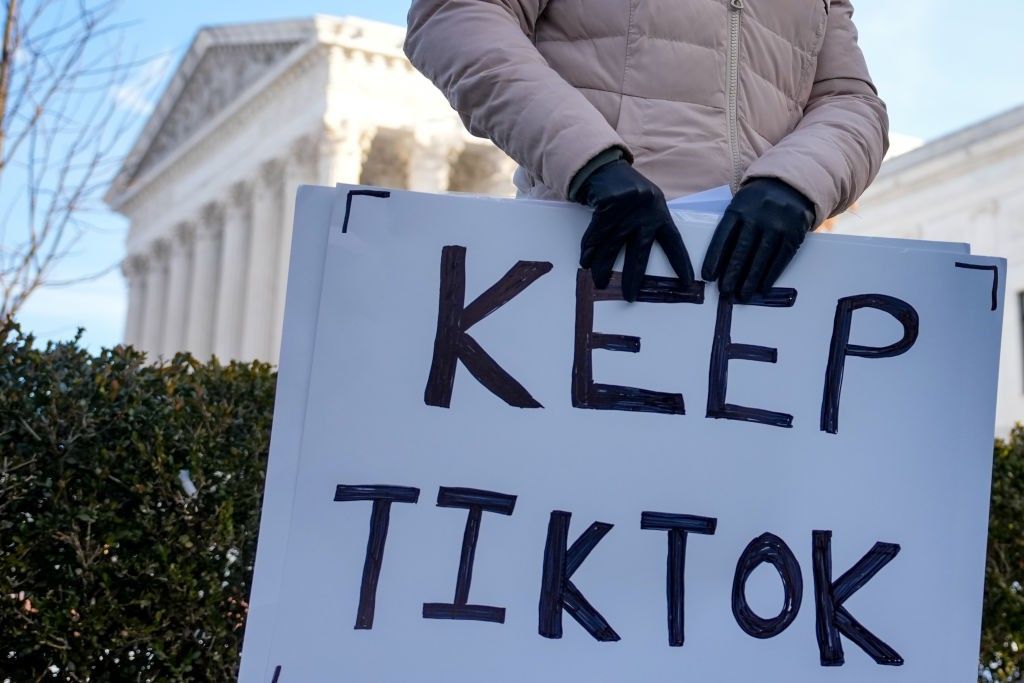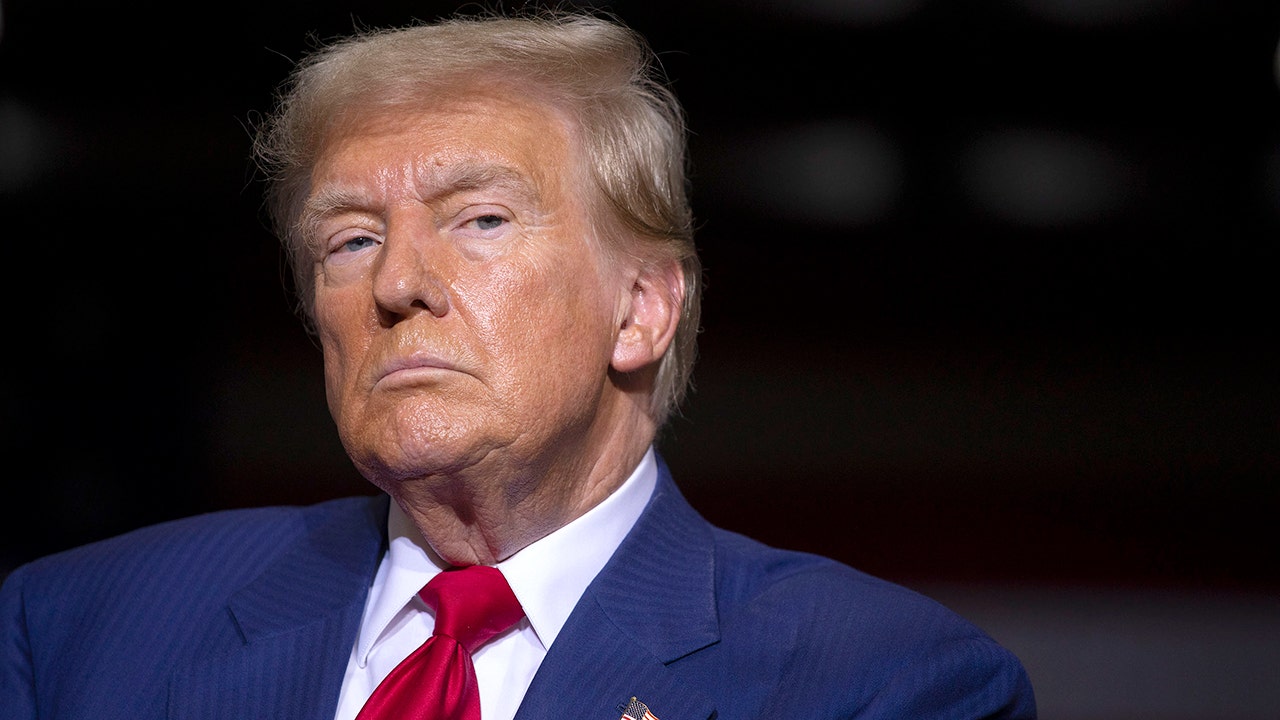Across Donald Trump’s presidency, the American establishment achieved an unprecedented level of ideological unity and conformity — first in opposition to Trump himself, and then in the embrace of progressive ideology, in the “Great Awokening” that reached a crescendo in the hotter months of 2020.
Since then we’ve watched cracks spread throughout this edifice, dividing groups and institutions that once seemed to move in lock step. These fault lines include the split between a more ideological academic culture, where wokeness seems entrenched, and corporate and media realms, where its hold has somewhat weakened. They include the divisions between donors, university administrators and activists exposed and heightened by the Hamas attacks and the Israel-Gaza war. They include the struggle over Joe Biden’s fitness to run again, in which the liberal intelligentsia and the Democratic Party were temporarily at war, and the emergence of new right-leaning factions within the American elite.
But now, with the surge of support for Kamala Harris’ candidacy, you can sense an effort to overcome these divisions, to reassert the establishment’s anti-Trump consensus, to recover the unity of 2020 and put the full power of what Nate Silver once called the “indigo blob” at the presumptive Democratic nominee’s disposal.
Democrats hold up signs in support of Vice President Kamala Harris as she campaigns for president.Credit: AP
This means money: a surge of tens of millions of dollars into Democratic coffers. It means star power, whether through endorsements or just associations: Olivia Rodrigo and George Clooney, Charli XCX and Beyoncé. It means soft-focus media treatments and even the updating of inconvenient language, as Axios did when it corrected a past reference to Harris as the Biden administration “border czar” amid conservative criticism of her role in immigration policy. It means squelching any chance of an intra-Democratic conflict or a convention fight, while delivering hype from every corner, from liberals to ex-Republicans to TikTok users, in an attempt to gild the Harris candidacy with the magic of Obamamania.
What the Kamalamentum effort shares with that 2008 phenomenon is one of Barack Obama’s favourite words: “audacity.” But not the audacity of hope this time, so much as the audacity of desperation — a sense that in this late hour the only hope for stopping Trump is to set aside all differences, bury all doubts and present Harris to the world not as an unhappy default but as a potentially transformative candidate, the kind that any Trump opponent should have wanted all along.

Doubts about Harris’ leadership potential have evaporated.Credit: AP
This is especially audacious because the agony that the Democrats only just escaped, the disgraceful attempt by Biden’s inner circle to prop him up through one more campaign cycle, was itself a direct response to a consensus among savvy political observers that Harris was an exceptionally poor candidate.
The speed at which this consensus shifted should not exactly be surprising; we just watched, after all, the rapid dissolution of a shared liberal reality in which Biden’s ageing was at most a minor problem magnified by Fox News and Republican disinformation efforts. Just as that consensus turned out to be a fond delusion, perhaps the underestimation of Harris will look unmoored from reality in hindsight.
But the basic facts that made Harris seem like a dubious choice remain. She is a politician who built her career inside a liberal state where what matters is winning over Democratic Party elites and liberal-leaning voters, not the conservative-leaning independent voters she needs to persuade now. She flopped completely in her bid for national office in 2020 and was rescued and elevated only by the exigencies of George Floyd-era progressive politics. As vice president, she has no notable successes, no impressive portfolio, and her struggles and miscues have inspired comparisons to HBO’s “Veep” for a reason.



















Discussion about this post